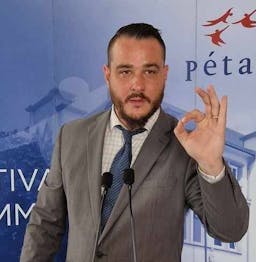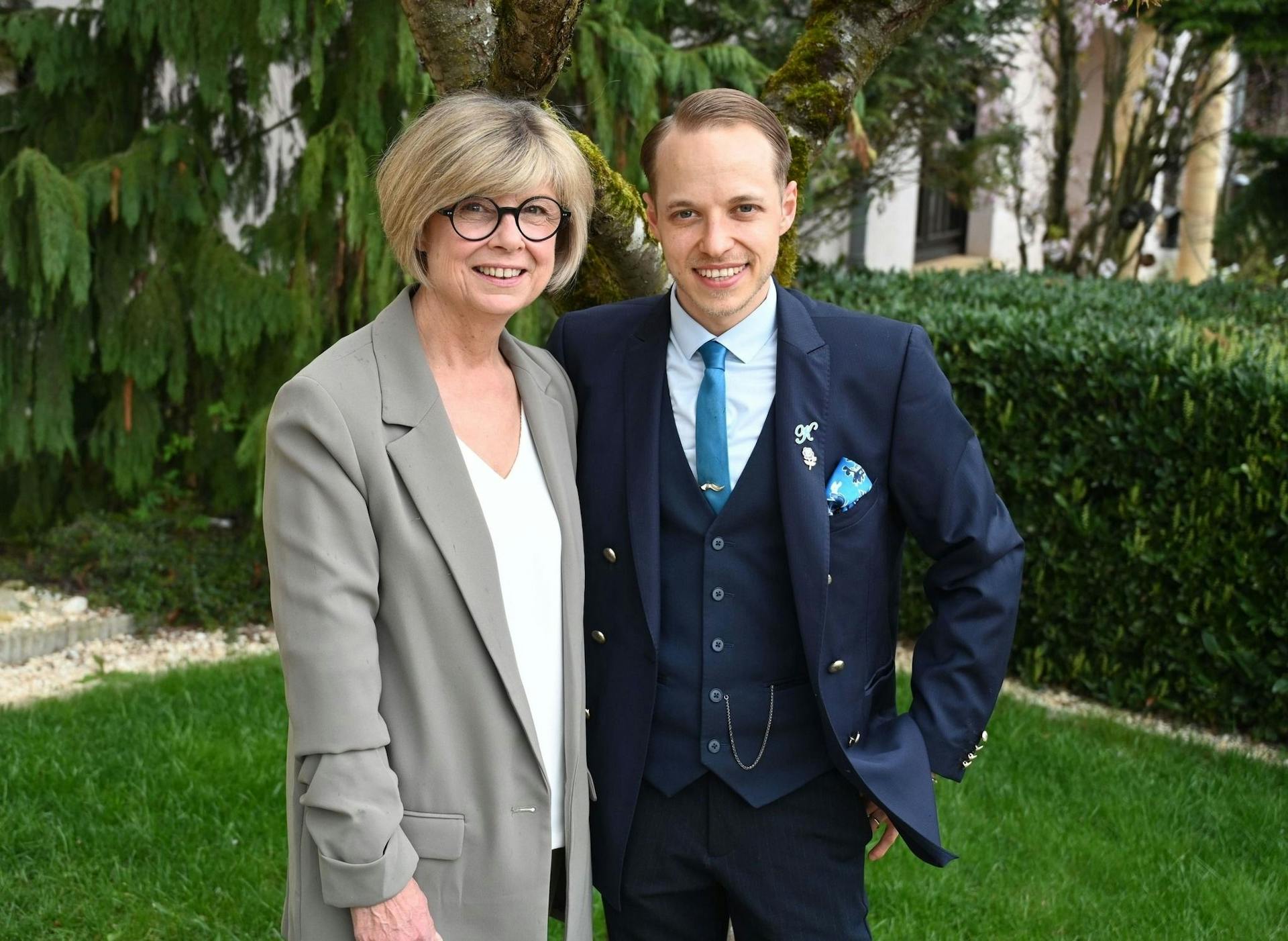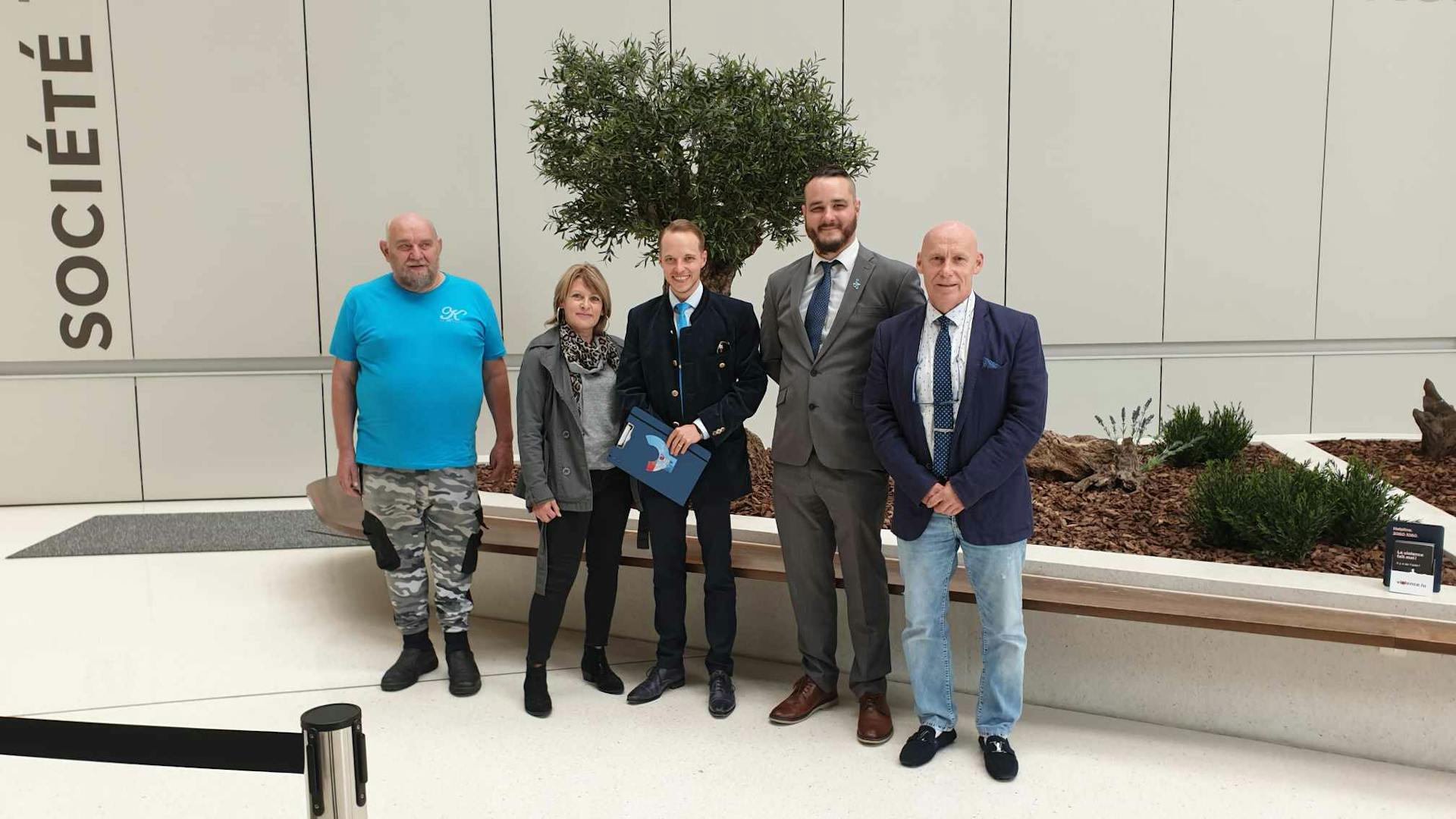
Conservative Party in Luxembourg — Déi Konservativ (DK)
In this article, we will take a closer look at the Conservative Party of Luxembourg, analyzing its structure, leadership, current political stance on key issues and historical evolution.
The Conservatives, or déi Konservativ in Luxembourgish, emerged as a conservative political force in Luxembourg in 2017 under the leadership of Joe Thein. The roots of the party can be traced back to his departure from the ADR. Thein himself agreed with about 90% of the ADR platform. The party strikes a balance between socialism, traditionalism, and liberalism, as stated by representative Roy Holzem. While the party's platform gravitates towards centrism, it occasionally leans center-right in some areas and center-left in others.
Conservativе party at a glance
This party represents one of the newest entrants into Luxembourg's political landscape. In their inaugural participation in the 2018 legislative elections, the party yielded minimal success, failing to secure any parliamentary seats due to a notably low vote share.
Joe Thein, the party's founder, emphasizes the rejection of extremist ideologies within the party's ranks, solidifying its status as a staunch defender of conservative principles without going to extremes.
Political Guide

Structure and representativeness
The Conservatives do not disclose the exact number of their members, at its origins, at its origins, it had between 30 and 50 members, in May 2019 it had around 150 and it is likely to have a few more now but it is evident that the party remains relatively modest in size. This assessment is based on its recent inception and the notably modest performance in the preceding elections, where it garnered a mere 9,516 votes, constituting only 0.27% of the electorate.
The inner life of a party
The party is led by its founder and president, Joe Thein, and internally is organized into national bodies and local structures.




Electoral system divides the country into four constituencies. The number of seats allocated to each constituency is proportional to its population
People and influence in the party
Key personnel profiles
Together, this central leadership group molds the party's policies and overall approach. Nevertheless, here's a breakdown of notable individuals associated with the party across various fields of action.
Leaders of the party




As of the party's limited electoral history and its absence from the current coalition government, The Conservative Party does not have any members serving as ministers in the current government.
The Conservative Party did not secure any seats in the Chamber of Deputies during the 2018 elections. In 2023, they have collected 8,496 votes, equal to the 0.23% of all the votes given that year. Unfortunately, they did not secure any seats in the Chamber.
These seats are divided among member countries based on their population size.
The Conservative current political stance
The Conservative Party positions itself firmly on the right side of the political spectrum, more precisely, they claim to stand in the middle of a leftist CSV and a right-wing ADR. They avoid extremism while championing conservative and patriotic values, as articulated by its founder, Joe Thein. The party adheres to a vision that encompasses several key social and political areas.
The party and its cornerstones
Dei Konservativ party has several people-centric initiatives, that descripbe their political agenda for 2023 General Elections. For your convinience, we have collect them below.
Party views visualization

They advocate for a liberal rule of law, inclusive of direct democracy while emphasizing the importance of sovereignty by limiting legislative voting rights to Luxembourgers. Right to Luxembourgish citizenship after successful integration, emphasizing linguistic, cultural, and institutional education are also one of the core arguments.
Sustainability guides the party's environmental policy, with a strong focus on preserving nature, reducing pollution, renewable energy, and ethical climate lobbying.
The party envisions an ideal Europe of nations and seeks radical reform of the EU. The Conservatives areemphasizing the return of significant national competencies to sovereign nations and advocating for non-rescue principles. They support a common European defense policy and NATO membership, demanding national sovereignty in decisions related to foreign conflicts.
Political program
While The Conservative Party does not have a fully articulated election program, they have offered glimpses of their agenda through videos, media statements, and their core values outlined in the previous section.
This approach aims to ensure that the nation's infrastructure, resources, capacities, and potential can be effectively harnessed, mitigating potential issues such as rising unemployment, social challenges, and financial strain.
The Conservatives assert their expertise in managing finances and steering the economy away from potential crises. They position themselves as the party best equipped to handle economic matters effectively.
Joe Thein raises concerns about the global context, highlighting that while Luxembourg may adopt eco-friendly practices, major CO2 emitters like China, India, and Russia continue to contribute significantly. Leading by example may not be a top priority for The Conservative Party in this regard.
The party places a strong emphasis on citizen-centric policies. They advocate for increased police personnel, enhanced on-the-ground presence, and better-equipped law enforcement officers. Ensuring the safety and well-being of citizens is a top priority for The Conservative Party.
Party representation
While The Conservative Party has yet to establish a concrete electoral track record, it is possible to glean insights into the demographic groups that might align with the party's principles based on its roots and professed ideologies.
Electorate demographics
The origins of The Conservative Party can be traced back to Joe Thein's split from the ADR, suggesting a deep ideological kinship with his previous party. Thein has acknowledged that he concurs with roughly 90% of the ADR's platform. However, the ADR is perceived as a right-wing populist party, a label from which The Conservatives are eager to differentiate themselves.

As such, The Conservative Party likely draws support from a portion of the population with similar leanings, namely a traditional and predominantly right-leaning demographic. Historical voters from other parties may align with The Conservative Party's programmatic proposals, making it a potential choice for a broader spectrum of voters seeking conservative alternatives.
| ConservativesLSAP | CSV | Greens | ||
| Environment | Low | Low | Low | High |
| Electorate | Older | Older | Older | Young |
| Trade unions | No | Yes | Yes | Yes |
| Secularism | Yes | Yes | No | Yes |
The Conservative’s office is located in Pétange
- Office location: 3 Rue Op den Gehren, Pétange
- Phone number: (+352) 1 23 45 67 89
- Official website: deikonservativ.eu
Brief history of the party
The Conservative Party of Luxembourg is young but fast growing.
Roots of the party

- March 21, 2017: The Conservative Party was officially founded by Joe Thein shortly after his expulsion from the Alternative Democratic Reform Party (ADR) due to various controversies.
- April 10, 2017: An extraordinary national congress was held, during which the party's statutes and basic program were adopted. The party committee was also elected, with Joe Thein becoming the national president.
- 2017 Communal Elections: The party participated for the first time, contesting only in the municipality of Pétange. However, they did not secure any seats, receiving 2.40% of the vote.
- January 2018: The party reached approximately 100 members.
- 2018 General Election: The party made its debut in the Sud district but failed to win any seats, receiving just 0.52% of the vote.
- 2019 European Parliament Election: The Conservative Party contested nationwide for the first time in the European Parliament elections but did not secure any seats, garnering 0.53% of the vote.
- June 11, 2023, Municipal Elections: The party expanded its presence, participating in Pétange and Differdange, where they achieved a result close to 2% of the votes.
Frequently Asked Questions (FAQ)
How has the Conservative Party performed in past elections in Luxembourg?
What are the core values and ideology of the Conservative Party?
The Conservative Party in Luxembourg espouses conservative and patriotic values. It emphasizes the importance of preserving Luxembourger identity, constitutional monarchy, and democratic principles. The party stands for a responsible state, economic liberalism, and social solidarity, seeking to balance individual freedoms with the common good.
Where does the Conservative Party stand on the political spectrum?
Source: deikonservativ.eu, en.wikipedia.org, de.wikipedia.org, fr.wikipedia.org, elections.public.lu, paperjam.lu, paperjam.lu, luxtimes.lu, lequotidien.lu, lequotidien.lu, download.rtl.lu, download.rtl.lu, download.rtl.lu, rtl.lu, delano.lu, rtl.lu, today.rtl.lu
We took photos from these sources: Conservative party website; Conservatives' Facebook official page; Wikimedia